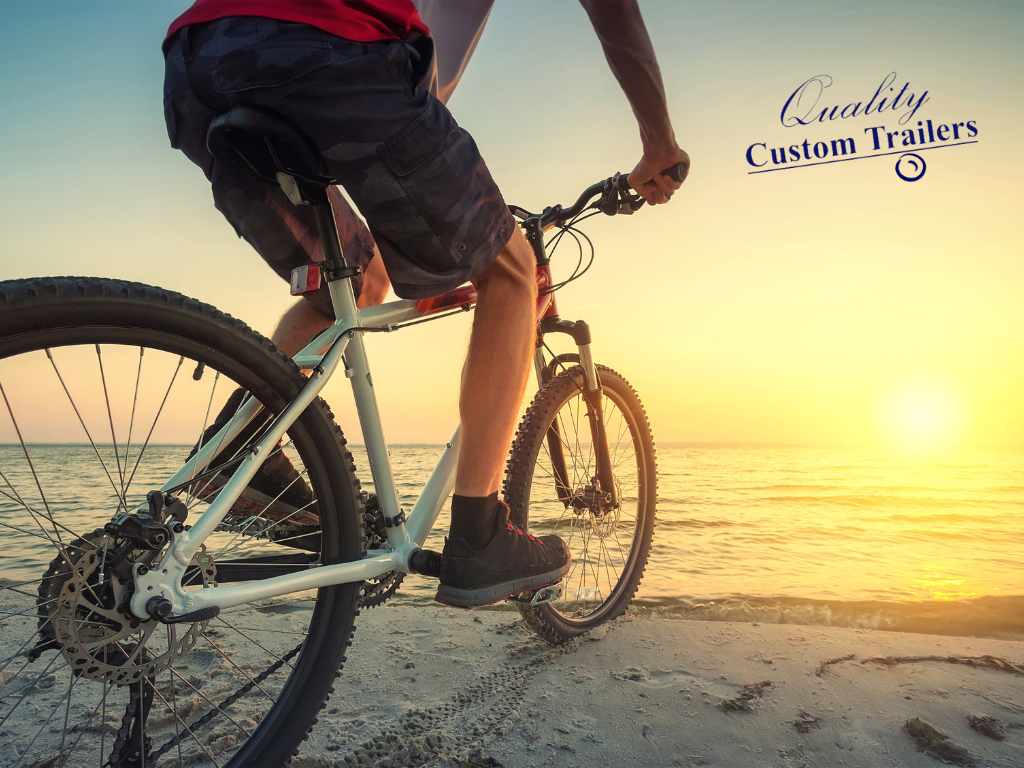Building a custom bike trailer opens a world of possibilities. Imagine the satisfaction of designing a unique custom trailer that fits your exact cargo transport needs. Whether you need it for daily commutes, outdoor adventures, or professional purposes, a self-built trailer offers both customisation and cost savings. Plus, it allows you to add those special touches that make your trailer one-of-a-kind.
Overview of the Trailer Types
When it comes to trailers, the options are vast. A custom bike trailer is ideal for those who need lightweight, mobile solutions. Custom food trailers are perfect for entrepreneurs aiming to serve on the go, while cargo trailers are essential for those transporting larger, bulkier items. Choosing the right trailer depends on your goals, but one thing is clear: customisation lets you get exactly what you need.
Essential Elements of a Robust Custom Bike Trailer
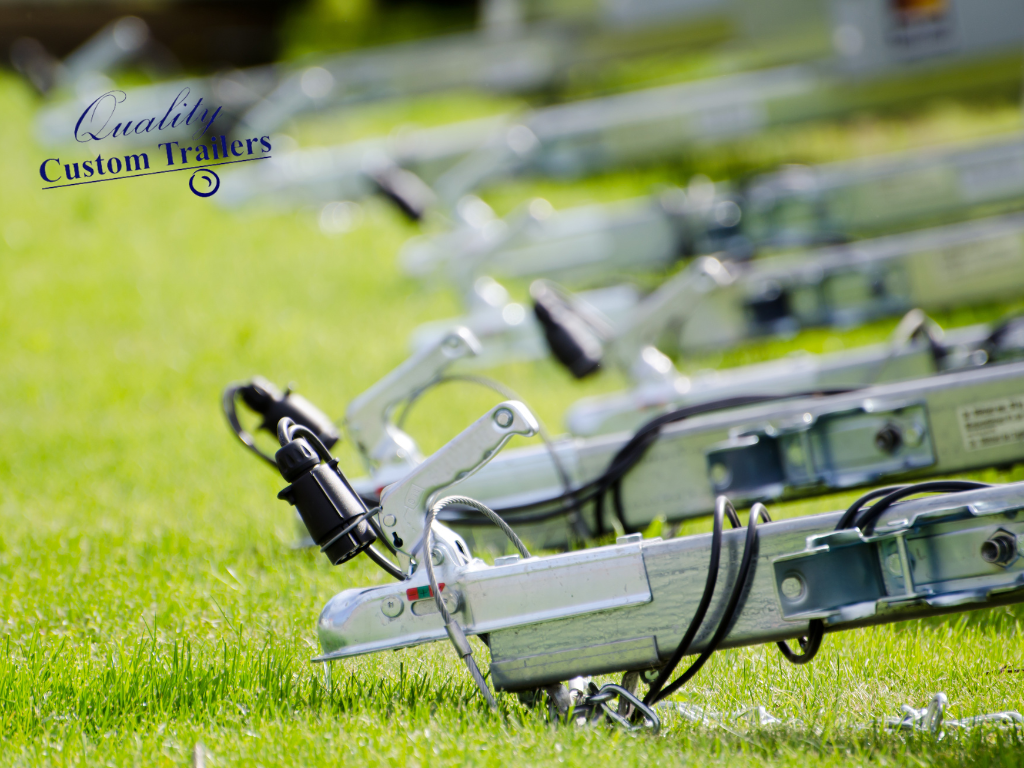
Durability in Frame Materials
Your custom bike trailer must be built to last, and that begins with selecting durable materials. Steel offers unparalleled strength, but aluminium is lightweight, making it ideal for smooth towing. Opting for either material ensures your trailer can withstand the demands of cargo transport while providing a solid foundation for any unique custom trailers you might dream up.
Selecting Wheels and Axles
Wheels and axles are the heart of your trailer’s functionality. When choosing wheels, consider the terrain you’ll be traveling on and the weight of your cargo. A sturdy axle is essential for ensuring smooth movement and preventing wobbling. Pay attention to weight capacity so your custom trailer can safely handle all your loads.
Building Your Custom Bike Trailer: A Step-by-Step Blueprint
Step 1: Crafting Your Custom Trailer Design
Before hammering the first nail, design is key. Consider the dimensions of your trailer, the weight it will carry, and its overall balance. A well-thought-out design ensures optimal usability, preventing issues like tipping or difficult maneuvering. Take into account whether you’ll be using your custom bike trailer for leisure, work, or even as a prototype for larger projects like custom food trailers.
Step 2: Constructing the Frame
With your design in hand, it’s time to construct the trailer’s frame. Start by cutting your chosen material—whether it’s steel for strength or aluminium for lightweight handling—to the required dimensions. Ensure the frame is sturdy enough to bear heavy cargo without compromising structural integrity. The goal is to create a custom trailer built for endurance.
Step 3: Installing Wheels and Axles
Once the frame is ready, it’s time to install the wheels and axles. Pay close attention to alignment to ensure the trailer moves smoothly behind your bike. Properly mounted wheels and axles guarantee stability, allowing your unique custom trailers to roll effortlessly, even with heavy cargo.
Customisation Tips for Crafting a Standout Trailer
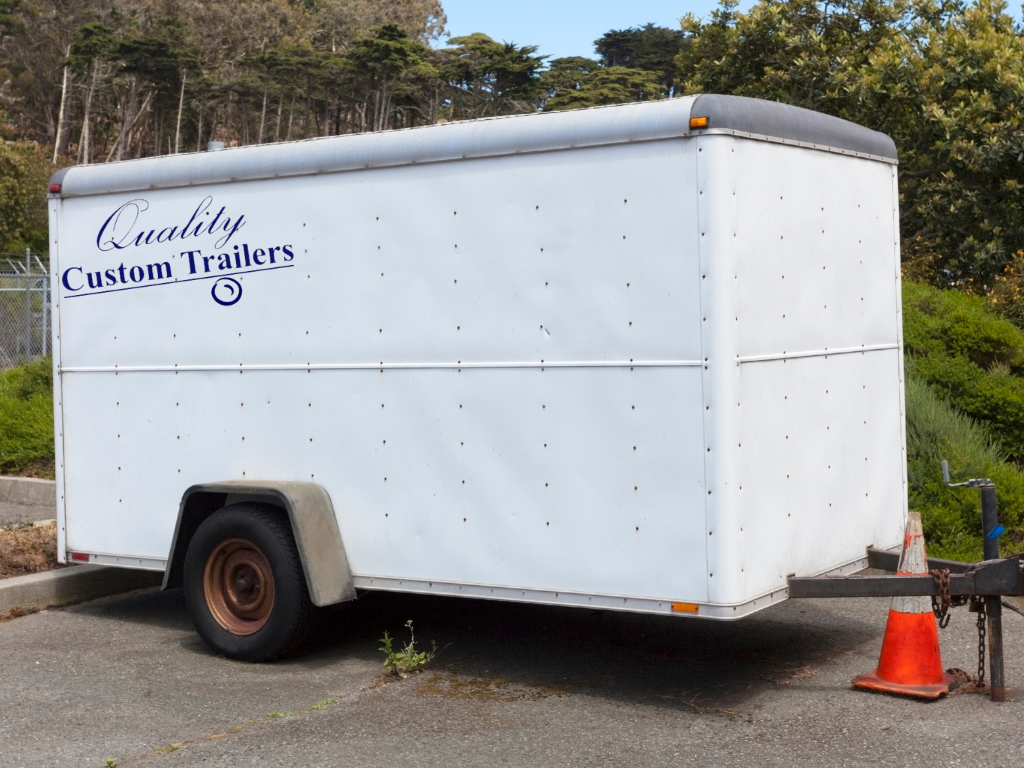
Maximising Storage with Compartments and Racks
One of the greatest benefits of building your own custom bike trailer is adding extra features like storage compartments or racks. These additions not only help you organise cargo more efficiently but also make the trailer adaptable for different uses. Whether it’s for groceries, tools, or gear, a well-organised trailer is a pleasure to use.
Incorporating Safety Features
Safety should never be an afterthought. Add essential features like reflectors, lights, and a secure hitching system to ensure your custom trailer is road-ready. Reflectors keep you visible, lights allow for night-time use, and a strong hitching system ensures your trailer stays securely attached to your bike. All these elements make for a powerful safety package that gives you confidence on the road.
Building a Multi-Purpose Custom Trailer
Converting Your Bike Trailer for Different Uses
One of the greatest advantages of a custom bike trailer is its adaptability. By incorporating a flexible design, you can easily convert your trailer to serve various purposes. For instance, you can transform your bike trailer into a custom food trailer for mobile catering or pop-up shops. This allows you to have one trailer that meets diverse needs, whether for leisure, business, or personal projects. Creating a modular design is the key to achieving this versatility, enabling easy adjustments and modifications whenever needed.
Creating a Modular Design for Versatility
Designing your custom trailer with modular elements allows for easy customisation for different uses. For example, you can include interchangeable racks, storage units, or compartments that can be removed or added depending on the task. A modular trailer offers maximum flexibility, making it an all-in-one solution for different activities, from food vending to hauling large cargo.
Maintenance Tips for Your Custom Bike Trailer
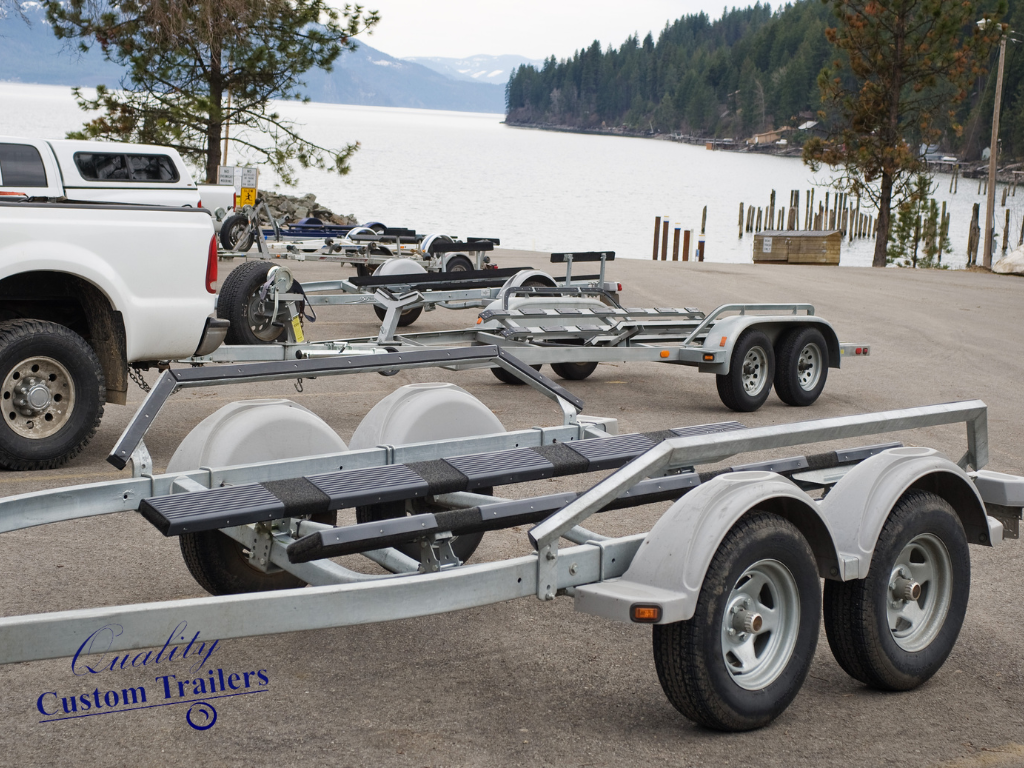
Routine Checks and Maintenance
To ensure your custom bike trailer remains in top condition, regular maintenance is essential. Routine checks should include inspecting the frame for cracks, ensuring that the axle and wheels are in good working condition, and verifying that all safety features, such as lights and reflectors, are fully functional. Lubricating the wheels and joints can also prevent wear and tear, prolonging the life of your trailer.
When to Upgrade or Repair
If you frequently use your trailer for heavy-duty tasks, you may need to repair or upgrade parts periodically. Watch for signs of wear such as rusting, loose bolts, or sagging wheels. If these issues arise, it’s time to consider repairs or upgrades, especially if you’ve been using the trailer for high-capacity cargo. Upgrading parts like the axle or wheels can enhance performance and durability, keeping your unique custom trailers in excellent shape for years to come.
Cost and Time Considerations for Building Your Trailer
Estimating the Costs
Building a custom bike trailer can be budget-friendly if you carefully plan the costs of materials and tools. Steel and aluminium are the most common materials, with prices varying depending on their quality and availability. You should also factor in the cost of wheels, axles, and any customisation features you plan to add. If you need to hire professional help, like welding services, that will add to your total cost. Having a clear budget will help you manage expenses and avoid unexpected costs during the build.
Time Required for Construction
The time it takes to build your custom trailer will depend on the complexity of your design. A basic trailer may only take a few days to complete, while a more intricate design with added features like compartments or racks could take a few weeks. If you’re adding specialised elements, like converting the trailer into a custom food trailer, expect additional time for modifications. Be sure to plan your timeline realistically, especially if you’re building the trailer for an upcoming project or event.
Designing Your Own Custom Bike Trailer
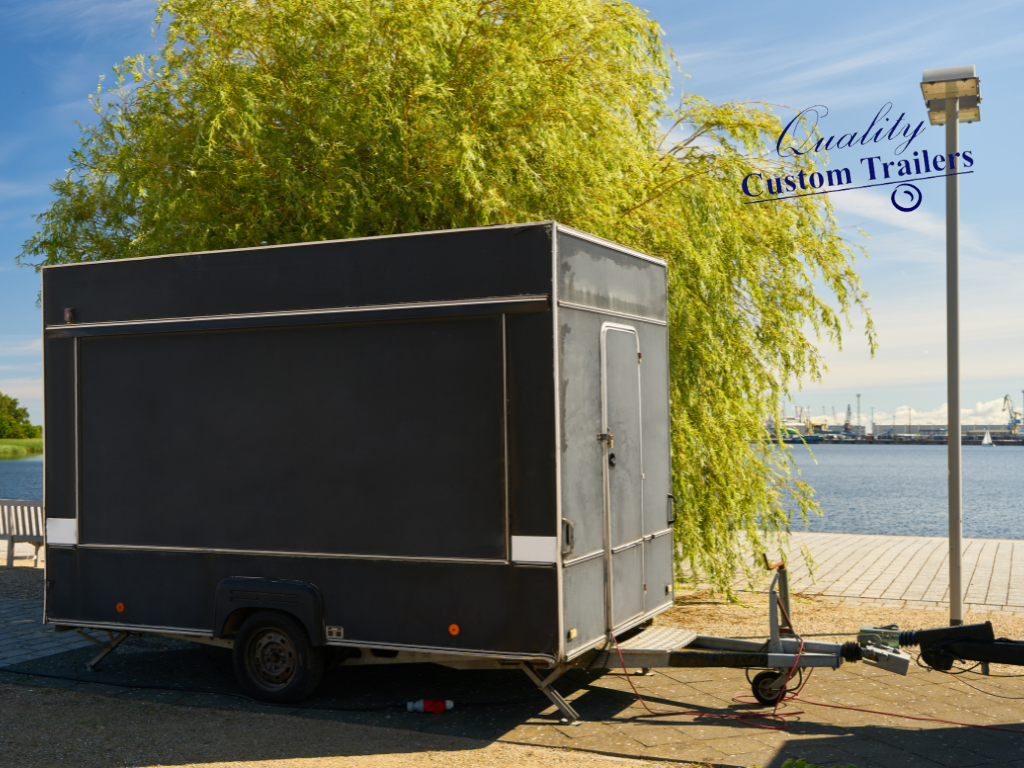
The Benefits of a Custom Trailer
Building your own custom bike trailer comes with many benefits. You can tailor it specifically to your needs, whether it’s for personal cargo transport, business ventures, or leisure activities. Customisation allows for greater control over design and function, making your trailer more versatile and suited to different tasks than pre-built options.
Customisation Ideas for Future Builds
Once you’ve completed your initial build, the possibilities for further customisation are endless. If you’re using your trailer for business, consider branding it with your company’s logo, or add extra storage compartments for specialised equipment. You could also upgrade the trailer over time, converting it into a custom food trailer or modifying it for other commercial uses. The flexibility of a custom trailer ensures that it will evolve to meet your changing needs.

